
An Open Letter to Richard Linklater on Our Texas Death Penalty
Capital punishment ensnares us all in a labyrinth of our own making, as your new film poignantly reveals.
Since 1954

Capital punishment ensnares us all in a labyrinth of our own making, as your new film poignantly reveals.
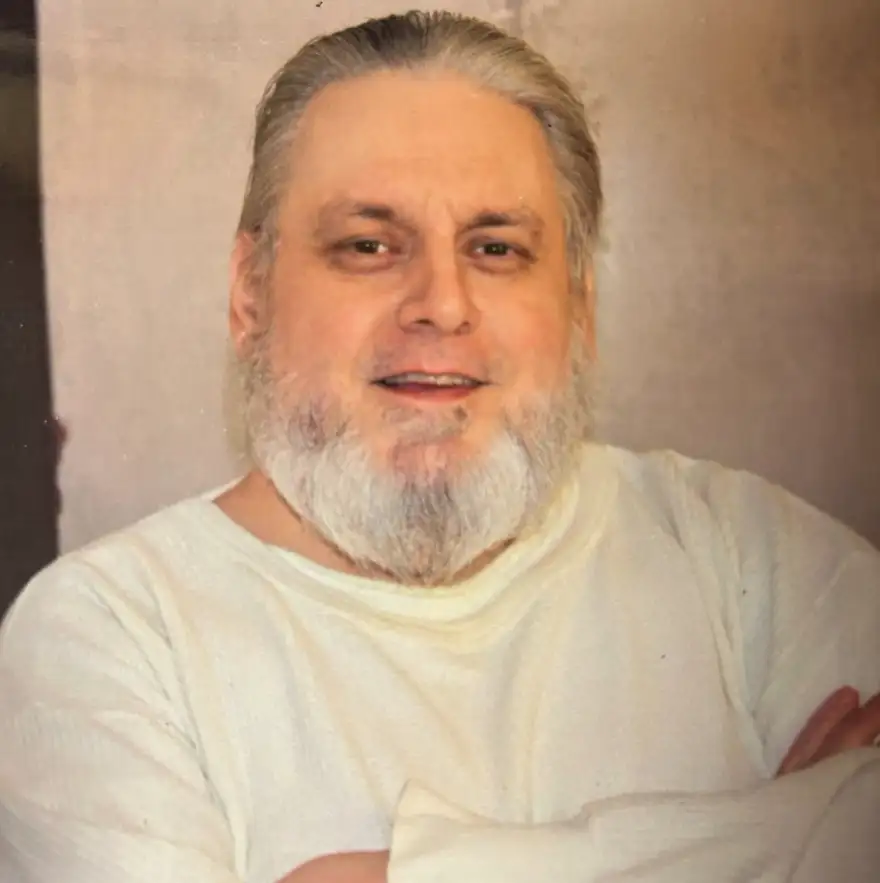
Brent Brewer was convicted of the 1990 murder of Robert Laminack.
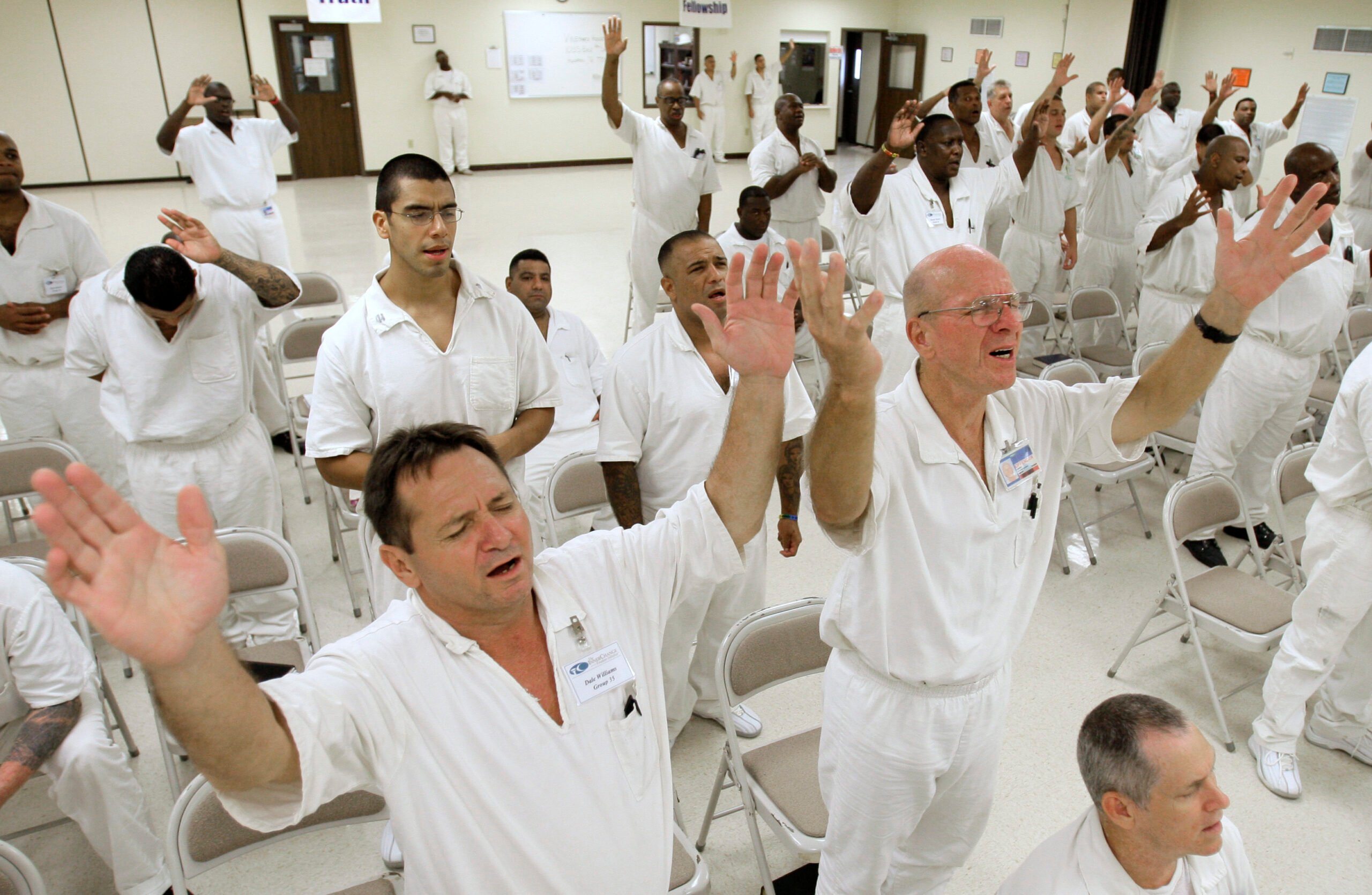
Texas offers religious education to the condemned but rarely values spiritual growth when considering clemency requests.

Jedidiah Murphy is set to be executed on World Day Against the Death Penalty.

A murder and an execution date changed those on both sides of the bars.
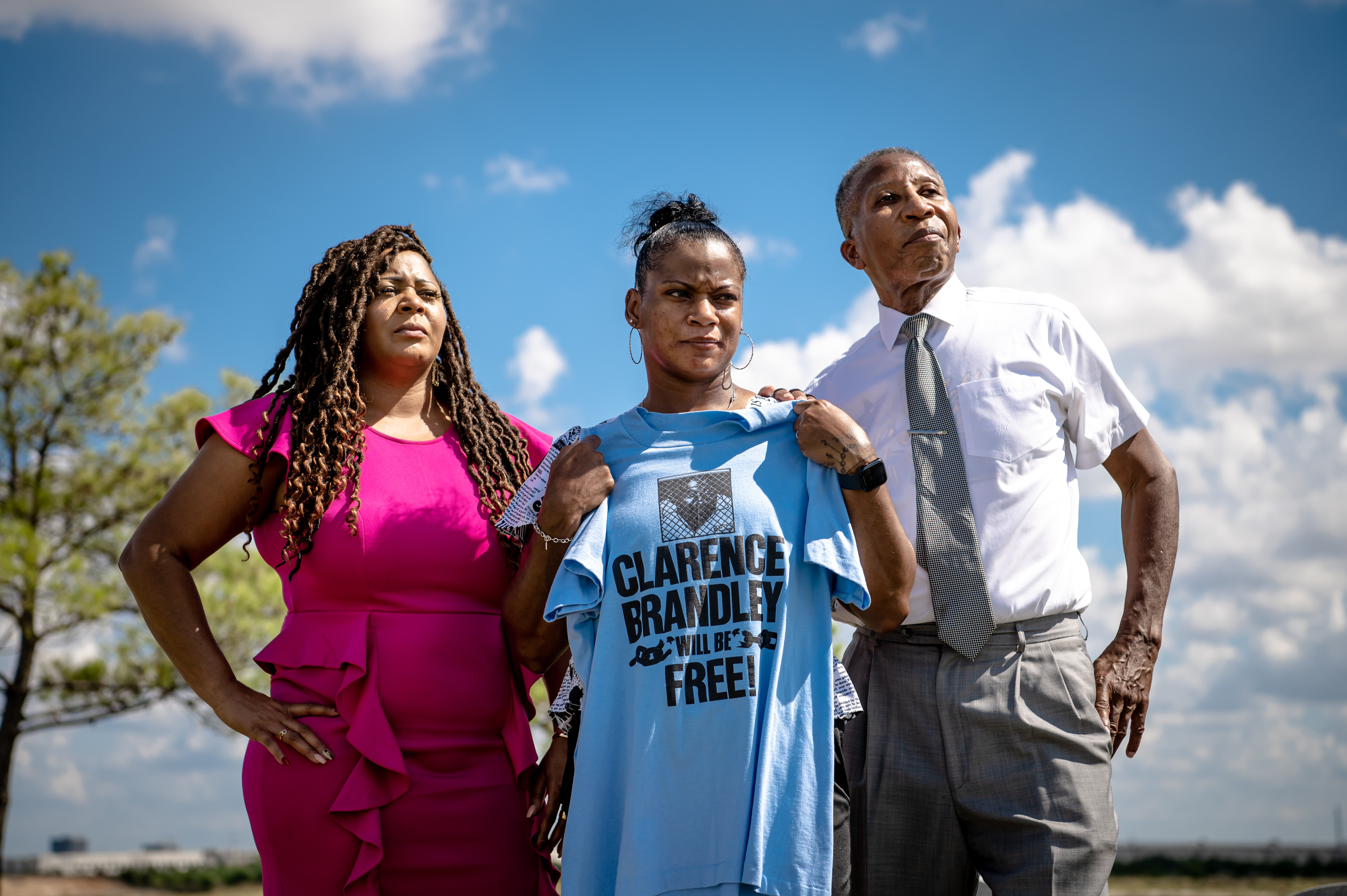
One of Texas’ most famous death row exonerees died before winning compensation under a law inspired by his own story.

Texas' deadly spring continues: Two Black men, Gary Green and Arthur Brown Jr. are set to be killed this week by the state.
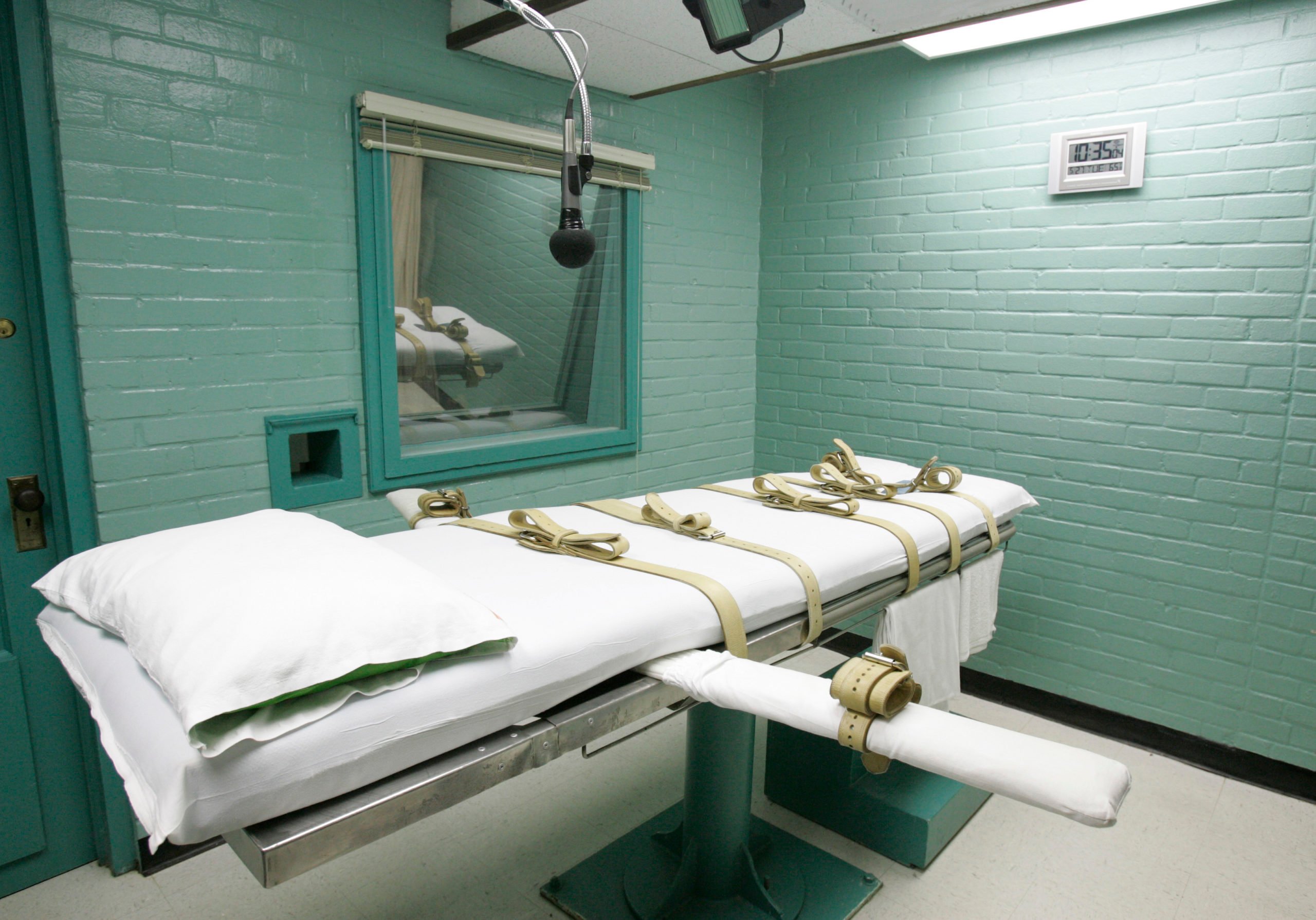
Though he confessed to the murders, his lawyers argue he might have been spared a death sentence if not for pervasive bias at his trial.

An expert told the Observer that state’s attorneys “deceived the court by their silence” over supplies of lethal injection drugs.
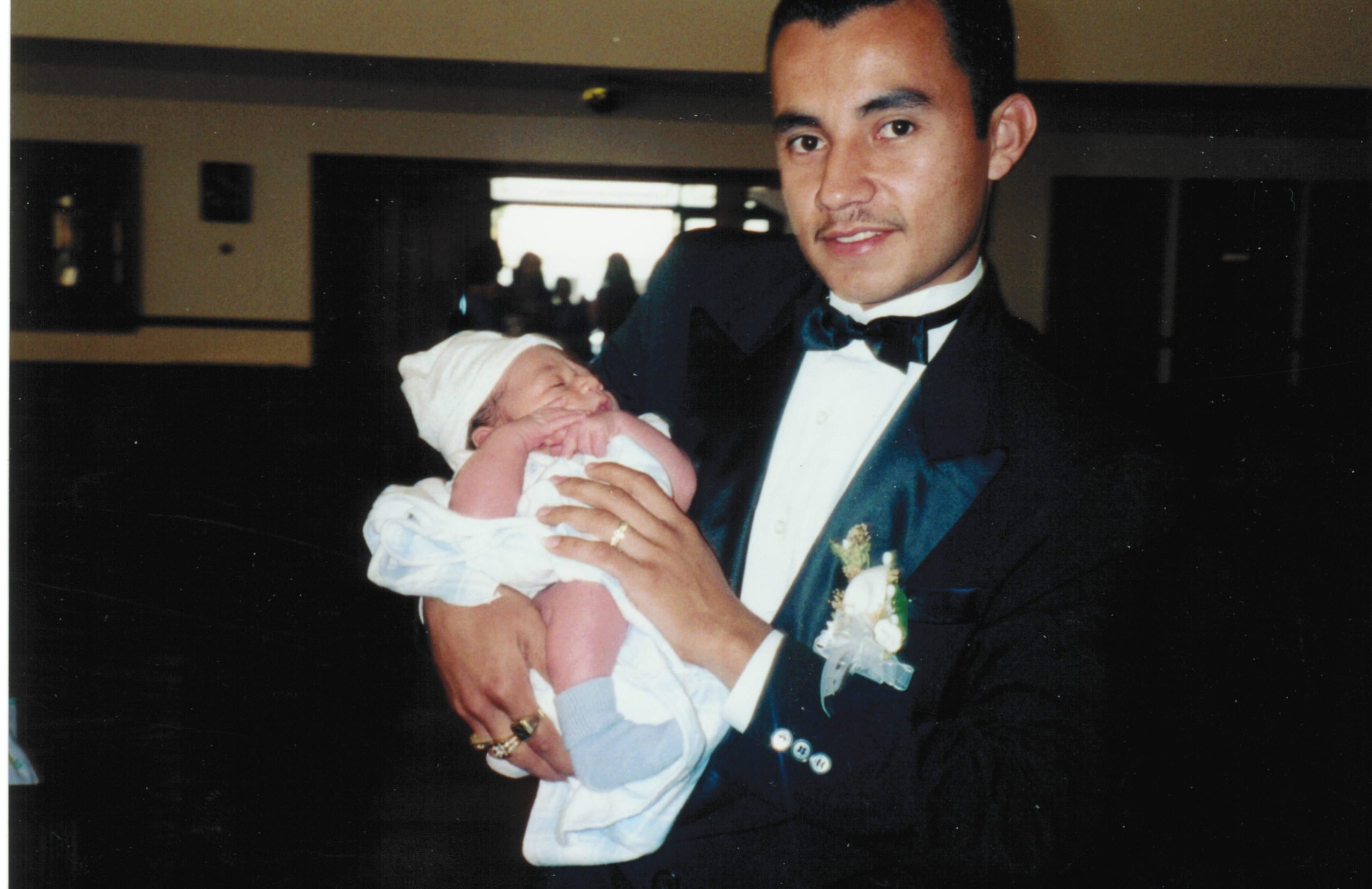
The Texas Court of Criminal Appeals will now reconsider Areli Escobar’s case which prosecutors and defense attorneys agree relied on flawed forensics.